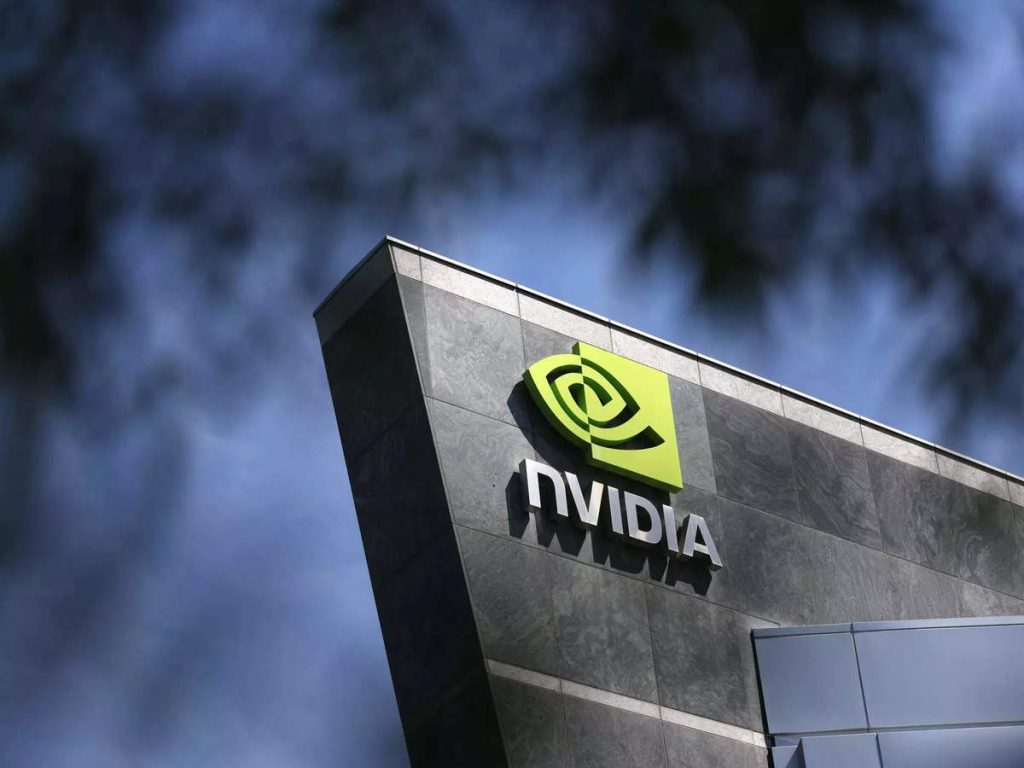Microsoft and Nvidia have announced a joint investment of up to $15 billion in Anthropic, the artificial-intelligence startup founded by former OpenAI researchers. As part of the agreement, Anthropic committed to purchasing up to $30 billion in computing capacity from Microsoft’s Azure cloud service and planning to deploy about one gigawatt of Nvidia AI-hardware infrastructure to scale its Claude models.
The deal signals a major strategic shift in the AI industry, in which model developers, cloud providers and chip manufacturers are increasingly entwined. For Microsoft, the agreement expands its model-choice options beyond its longstanding partnership with OpenAI. Nvidia secures a high-value customer for its next-generation AI chips and fortifies its role in the compute backbone of future AI systems.
Building Compute and Model Scale
Anthropic plans to integrate Nvidia’s latest Grace Blackwell and Vera Rubin architectures at large scale, with the commitment of around one gigawatt of compute capacity representing a massive infrastructure investment for AI model training and inference. At the same time, Anthropic will surface its Claude model suite—Sonnet 4.5, Opus 4.1 and Haiku 4.5—on Microsoft’s Azure AI Foundry, making it accessible across major cloud platforms.
These developments underscore the significant resource demands of frontier-class models. Experts estimate that training, fine-tuning and deploying models at that scale requires both specialized hardware and massive cloud-compute commitments. Microsoft Acquisition of these commitments helps it position Azure as a leading choice for enterprise AI, while Nvidia benefits from guaranteed large-scale chip demand.
Diversification Beyond OpenAI
Until now, Microsoft’s most public-facing AI relationship has been with OpenAI, via its Copilot line and exclusive use of some OpenAI models on Azure. With this new deal, Microsoft signals that it does not intend to rely on a single model provider. In a joint statement, Microsoft CEO Satya Nadella noted that the companies will increasingly become “customers of each other.”
For Nvidia, the tie-up with Anthropic broadens its customer base in model development rather than being solely a hardware vendor. Nvidia said that for the first time it will co-engineer systems and models with a partner at this scale.
This alliance has several important implications. First, it reflects how compute resources, once secondary to algorithms, have become a central competitive frontier in AI. Second, it illustrates how vertical integration—chips, cloud, models—is being embraced across the industry. Third, it may raise regulatory and financial-market questions, because the deal involves large cross-investments and coordinated infrastructure commitments. Analysts have pointed out the “circular” nature of such deals, where company A invests in company B while company B commits to spending on company A’s platform.
Enterprise and Research Outlook
Anthropic already claims hundreds of thousands of business customers and projects a near-term annualized revenue run-rate of tens of billions of dollars. The new investment and infrastructure commitments put it on a track to become one of the dominant model providers alongside established players. At the same time, Microsoft and Nvidia’s support gives it access to both enterprise marketplaces and large-scale hardware systems.
For enterprise customers, the move means additional model choice on Azure and potential access to more specialized hardware via Nvidia. It also signals that invest-and-deploy scale will increasingly determine competitive positioning in AI services.
With this agreement, the AI industry enters a phase where compute-scale commitments and hardware alignment are not peripheral but central to model strategy. Startups and cloud providers alike are recognizing that to progress from prototyping to production, significant capital investment and infrastructure control are required. This deal exemplifies that shift.
The long-term outcomes will depend on how cost-efficiently these systems operate, whether models like Claude deliver value at scale, and how the ecosystem around deployment, operations and ethics evolves. For now, the deal underscores the stakes of frontier AI and the growing financial and infrastructure arms race that supports it.
